Income-Tax Department Uncovers Huge ₹ 5,500 Crore Donations Racket: 36 Shell Parties, 1.6 Lakh Donors Involved
Read Time:
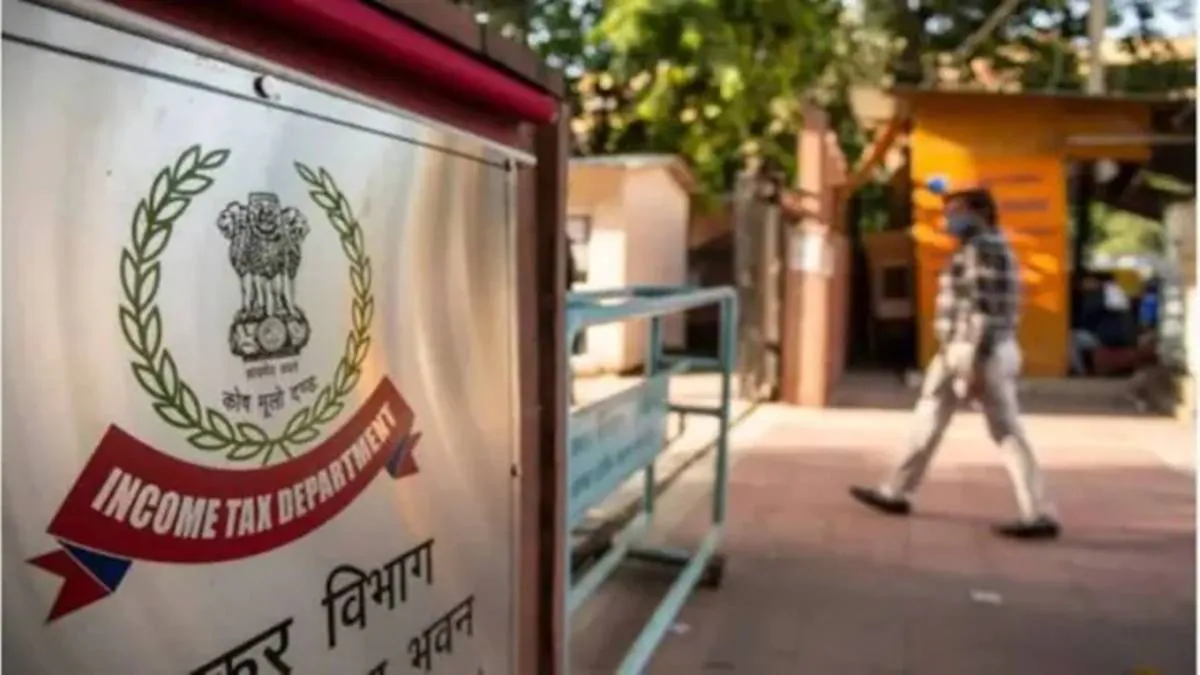
The Income Tax Department has uncovered a ₹5,500 crore bogus donations racket involving multiple Registered Unrecognised Political Parties (RUPPs), suspected donors, and round-tripped funds used to claim fraudulent tax deductions. The investigation highlights serious irregularities in political funding and tax compliance.
Key Details of the Investigation
According to the findings, around 36 political parties that were registered but not actively participating in elections were found to be at the centre of the scheme. Many of these parties:
- Had no functional offices,
- Maintained incomplete financial records,
- And did not file mandatory audit or contribution statements.
Despite this, they reportedly received donations amounting to over ₹5,500 crore across the last three financial years.
How the Fake Donation Scheme Worked
The Income Tax Department noted a common pattern in most transactions:
- Individuals or entities transferred funds to these political parties as “donations”.
- The funds were then withdrawn in cash and returned to the original donors.
- A small commission (1% to 3%) was retained by the party operators.
- The donors then claimed tax deductions on these fake donations under Section 80GGC.
This allowed the donors to convert unaccounted funds into legal income while reducing taxable liability.
Suspicious Transaction Patterns Identified
- Large cash withdrawals were made immediately after donations were received.
- Multiple political entities were found registered at the same addresses.
- Transactions were structured in amounts just below mandatory reporting thresholds.
- Some funds were traced to possible hawala and remittance channels.
One cluster of entities was found to have withdrawn nearly ₹1,290 crore in cash alone.
Impact and Next Steps
The discovery has raised concerns about the lack of transparency in the funding and regulatory monitoring of RUPPs. The department is expected to:
- Send notices to suspected donors,
- Expand scrutiny on political contributions,
- And examine the possibility of related money laundering activities.
Advisory for Taxpayers
Individuals and businesses claiming deductions for political donations are advised to:
- Verify the legitimacy of the political organisation,
- Maintain receipts and bank records,
- Ensure that the party files statutory reports.
Failure to do so may lead to reassessment, penalties, and further inquiry.
Conclusion
This investigation highlights systemic gaps in monitoring political contributions in India. The Income Tax Department’s findings are expected to trigger stronger compliance checks and discussions on improving transparency in political funding.

Author: CA Samaaj
Share your views
Please keep your views respectful and not include any anchors, promotional content or obscene words in them. Such comments will be definitely removed and your IP be blocked for future purpose.
1 views on Income-Tax Department Uncovers Huge ₹ 5,500 Crore Donations Racket: 36 Shell Parties, 1.6 Lakh Donors Involved
Y
YNYIdxEayZlfopbVVAfhrqu says
1 month agomoAOLZqnETBQnuGMn
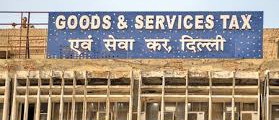 1st Nov 2025
1st Nov 2025
 1st Nov 2025
1st Nov 2025
 1st Nov 2025
1st Nov 2025
 30th Oct 2025
30th Oct 2025
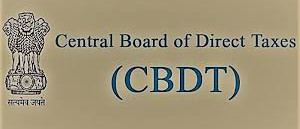 29th Oct 2025
29th Oct 2025
 29th Oct 2025
29th Oct 2025
 29th Oct 2025
29th Oct 2025
 29th Oct 2025
29th Oct 2025
 28th Oct 2025
28th Oct 2025
 13th Oct 2025
13th Oct 2025
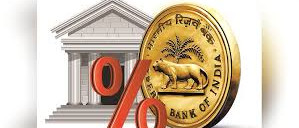 12th Oct 2025
12th Oct 2025
 12th Oct 2025
12th Oct 2025
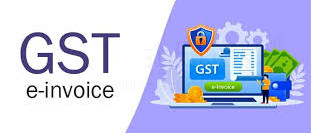 12th Oct 2025
12th Oct 2025
 12th Oct 2025
12th Oct 2025
 12th Oct 2025
12th Oct 2025